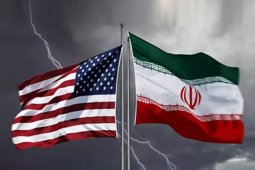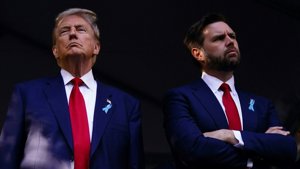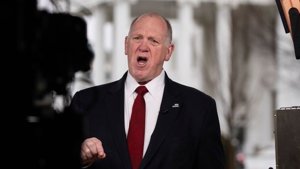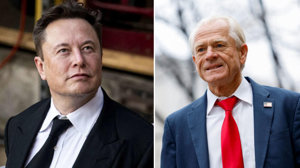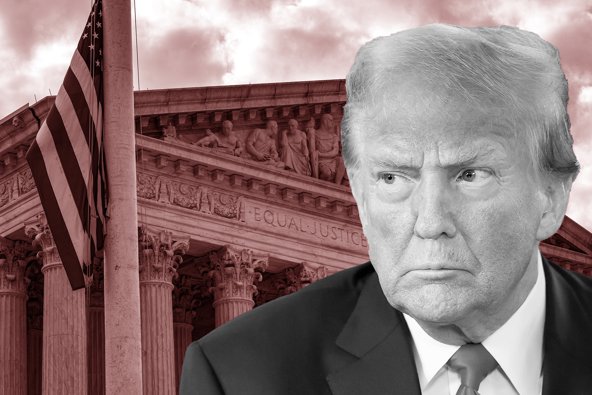
Supreme Court Ruling Narrows Injunctions in Citizenship Case
Supreme Court limits lower court injunctions in a ruling impacting Trump’s birthright citizenship order, sparking heated debate.
High Court Delivers Blow to Broad Injunctions
The Supreme Court issued a pivotal ruling on Friday, restricting the authority of lower federal courts to impose nationwide injunctions. The decision, passed by a 6-3 majority, comes amid the legal battle over President Donald Trump’s executive order seeking to end birthright citizenship—a move that has ignited political and legal controversy across the nation.
The Court’s decision was met with sharp criticism from commentators, including MSNBC host Symone Sanders Townsend, who called the ruling “insane” during an on-air discussion. “I just don’t, I can’t believe that we are asking the question, ‘is the 14th Amendment to the Constitution constitutional?’ That is what, it is crazy,” Sanders Townsend said, expressing frustration over the challenge to established citizenship rights. She urged viewers to recognize the gravity of the Court’s decision, warning that it calls into question fundamental principles long held by Americans.
Majority Ruling Centers on Legal Remedies, Not Constitutionality
The Supreme Court’s opinion clarified that the case before them focused on legal remedies, rather than the substance of President Trump’s executive order. Writing for the majority, Justice Amy Coney Barrett explained, “The applications do not raise – and thus we do not address – the question whether the Executive Order violates the Citizenship Clause or Nationality Act. The issue before us is one of remedy: whether, under the Judiciary Act of 1789, federal courts have equitable authority to issue universal injunctions.”
The ruling means lower courts can now issue injunctions only in limited circumstances, curbing the use of broad, nationwide bans that have previously blocked several Trump administration policies. This narrow approach, however, leaves unresolved how the decision will apply specifically to Trump’s order on birthright citizenship.
Legal analysts highlighted the practical uncertainties that remain. Slate’s Mark Joseph Stern argued that the system for determining citizenship could become chaotic if birthright citizenship depends on parental status or paperwork. “Once the government takes that away, once it introduces this wild, chaotic new system where it depends on your parents, and you get punished if your parents didn’t have the right papers, then everyone’s citizenship is thrown into disarray,” Stern said, urging advocates to press their case before the high court.
MSNBC host Michael Steele echoed the concern that the current legal landscape was shaped by deliberate efforts to shift national policy. “Trump and his minions inside the government have been very effective at setting the stairsteps to the various narratives that they want to get accomplished,” Steele commented.
Implications for Citizenship and Legal Strategy
The Supreme Court’s decision is the result of a consolidation of cases from federal district courts in Maryland, Massachusetts, and Washington state, all of which had previously issued universal injunctions to block Trump’s birthright citizenship order. The administration argued that such broad judicial actions were inappropriate and sought to rein in lower court powers.
While the Court did not rule on the constitutionality of Trump’s executive order itself, the decision is widely viewed as a victory for the administration’s legal strategy. It sets a new precedent that could make it more difficult for district judges to block future federal actions on a nationwide scale.
As the debate continues, the ultimate fate of Trump’s birthright citizenship order remains unclear. Legal experts predict further challenges and appeals as affected individuals and advocacy groups seek clarity from the courts. For now, the ruling has triggered urgent discussions about the scope of judicial power and the enduring protections of citizenship rights under the U.S. Constitution.

